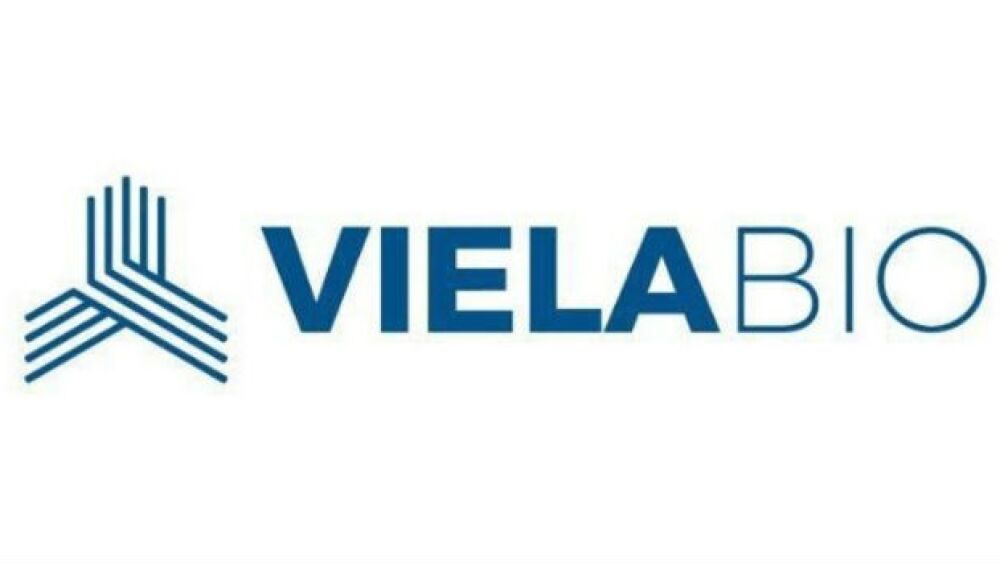One year after spinning out from AstraZeneca’s MedImmune, Viela Bio is already anticipating filing a Biologics License Application with the U.S. Food and Drug Administration for its lead asset, inebilizumab.
One year after spinning out from AstraZeneca’s MedImmune, Viela Bio is already anticipating filing a Biologics License Application with the U.S. Food and Drug Administration (FDA) for its lead asset, inebilizumab.
Chief Executive Officer Bing Yao told BioSpace that the company plans to file the BLA in the middle of 2019 based off results from its Phase IIb pivotal trial of inebilizumab in neuromyelitis optica spectrum disorder (NMOSD). In January, the company reported positive results from the Phase IIb trial that patients who received inebilizumab in the trial saw a 77 percent decrease in the risk of developing NMOSD attack in patients receiving inebilizumab monotherapy compared to placebo. Secondary analysis showed a decrease in worsening of disability in patients receiving the drug, the company said. Safety and tolerability were acceptable and consistent with previous data.
Viela’s inebilizumab is a humanized monoclonal antibody that binds with high affinity to CD19, a protein expressed on a broad range of B cells, which includes antibody-secreting plasmablasts and plasma cells. After binding to CD19, these cells are rapidly depleted from the circulation, the company said.
NMOSD is a rare condition that affects the optic nerve and spinal cord in approximately five in 100,000 people. About 80 percent of patients with NMOSD have autoantibodies to a water channel protein dubbed aquaporin-4. Following the Phase IIb results, Jorn Drapa, Viela’s chief medical officer and head of R&D, said the study supported the hypothesis that CD19 expressing B cells including plasmablasts and plasma cells play a key role in the pathogenesis of NMOSD.
Based on the results of the Phase IIb trial, Yao told BioSpace that the company is preparing to submit a BLA to the FDA later this year. But first, Viela will present trial data in a plenary session at the American Academy of Neurology meeting in May. Following that presentation, Yao said the company plans to meet with the FDA about moving forward toward the BLA submission.
In February 2018, Viela spun out of MedImmune, AstraZeneca’s development arm that was recently folded into the parent company. The company launched with a focus on inflammatory and autoimmune diseases and six assets from MedImmune -- three clinical and three preclinical compounds. Among those assets was inebilizumab, which had received Orphan Drug Designation from the FDA.
Since the spin-out, Yao said the past 12 months have been “wonderful” and productive.”
“Since we spun out, we have put a very strong team in place,” Yao said.
He was quick to note though that being a spin out gave the company some advantages. Yao said the leadership team at Viela had been together for many years, which made it much easier to take the MedImmune assets and focus on developing the products into potential treatments for patients. With AstraZeneca being the company’s largest financial backer, Yao also said that has provided some significant advantages, particularly that the former parent company supports Viela’s manufacturing process.
“It’s almost like a continuation of MedImmune. We have the global rights to the assets, but we have the support of our parent company,” he said. “Because of that support, there was no slow-down when we spun out. If anything, it was accelerated.”
Yao said the year-old company has a unique approach to R&D. Its goal is to selectively target shared disease pathways that are the root cause of auto-immune and inflammatory diseases. Yao said taking this approach will allow for drugs that prove to be successful in one area to be quickly aimed at other indications and reach more patients. That’s the case with inebilizumab. Now that the drug has shown efficacy in NMSOD, Yao said Viela will look at other autoimmune targets, although he declined to disclose which ones.
As Yao looks ahead at year two for Viela, he said it will continue to be a busy time for the company. In addition to the BLA, Yao said the company has other assets in development, including a Phase II-ready asset aimed at autoimmune diseases and a Phase Ib program aimed at Myositis.
“We want to keep patients first. Why we are in the life science and biotech business is to bring the medicines to patients,” he said. “We have a drug candidate that has great results and we want to make sure it gets to patients.”





